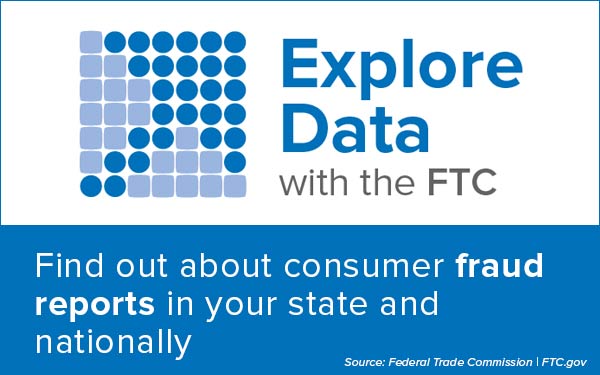In a comment submitted to the U.S. Copyright Office, the Federal Trade Commission identifies several issues raised by the development and deployment of Artificial Intelligence (AI) that implicate competition and consumer protection policy, noting the Commission’s role in monitoring the impact of generative AI and vigorously enforcing the law as appropriate to protect competition and consumers.
“The manner in which companies are developing and releasing generative AI tools and other AI products . . . raises concerns about potential harm to consumers, workers, and small businesses,” according to the comment. “The FTC has been exploring the risks associated with AI use, including violations of consumers’ privacy, automation of discrimination and bias, and turbocharging of deceptive practices, imposters schemes and other types of scams.”
 The comment explains that the FTC has an interest in copyright-related issues beyond questions about the scope of rights and the extent of liability under the copyright laws. For instance, not only may creators’ ability to compete be unfairly harmed, but consumers may be deceived when authorship does not align with consumer expectations. A consumer may think a work has been created by a particular musician or other artist when it is an AI-created product.
The comment explains that the FTC has an interest in copyright-related issues beyond questions about the scope of rights and the extent of liability under the copyright laws. For instance, not only may creators’ ability to compete be unfairly harmed, but consumers may be deceived when authorship does not align with consumer expectations. A consumer may think a work has been created by a particular musician or other artist when it is an AI-created product.
“Conduct that may violate the copyright laws . . . may also constitute an unfair method of competition or an unfair or deceptive practice, especially when the copyright violation deceives consumers, exploits a creator’s reputation or diminishes the value of her existing or future works, reveals private information, or otherwise causes substantial injury to consumers,” the comment continues. In addition, certain large technology firms have vast financial resources that enable them to protect the users of their generative AI tools or exclusive licenses to copyrighted proprietary data, potentially further entrenching the market power of these dominant firms.
Accordingly, the FTC has been using its existing legal authorities to take action against illegal practices involving AI, citing consumer protection examples including allegations that Amazon and Ring used highly private data they collected to train their algorithms while violating consumer privacy.
“AI, in particular generative AI, is still evolving rapidly, but it already has the potential to transform many industries and business practices. Notably, there is no AI exemption from the laws on the books. Accordingly, the FTC will vigorously use the full range of its authorities to protect Americans from deceptive and unfair conduct and maintain open, fair, and competitive markets,” the comment concludes.
The FTC submitted the comment in response to a notice of inquiry and request for comments on the copyright and policy issues raised by AI systems. It provides an overview of the FTC’s expertise in promoting competition and protecting consumers in an economy in which AI is being rapidly deployed, highlights the interconnection between AI-related copyright issues and FTC-focused competition and consumer protection concerns, and shares themes found in comments made at last month’s FTC roundtable on AI’s effects on the work of creative professionals.
Post Disclaimer
The information provided in our posts or blogs are for educational and informative purposes only. We do not guarantee the accuracy, completeness or suitability of the information. We do not provide financial or investment advice. Readers should always seek professional advice before making any financial or investment decisions based on the information provided in our content. We will not be held responsible for any losses, damages or consequences that may arise from relying on the information provided in our content.



